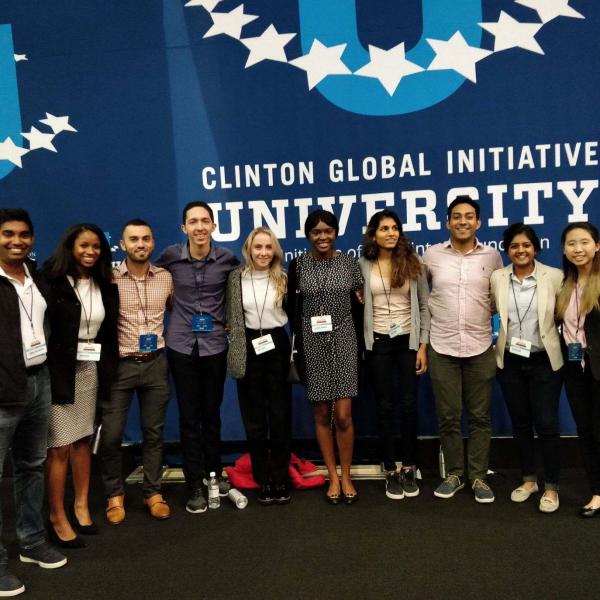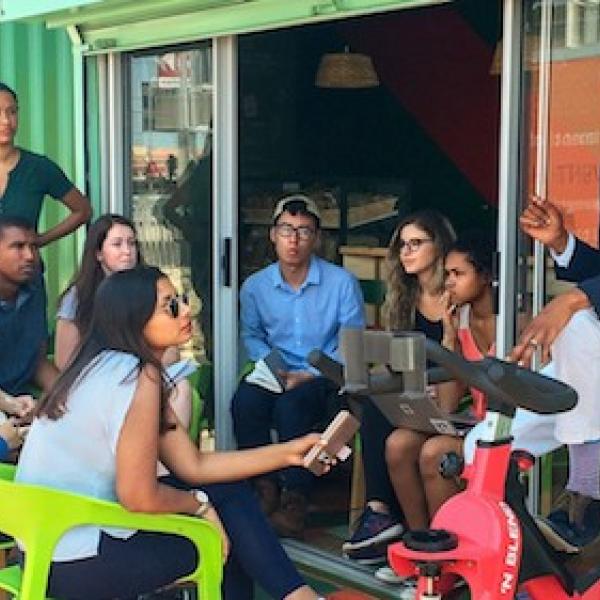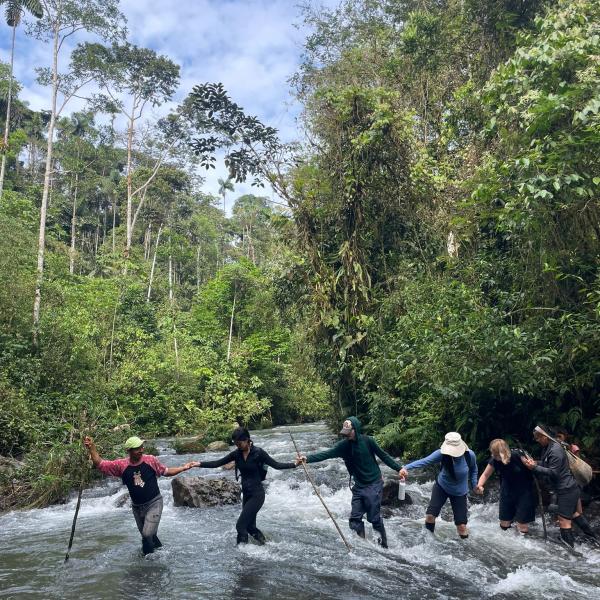Overview
At its heart, the Worker Institute views its work as a contribution to reversing the growing inequality, now at historic levels, which undermines the economic and social sustainability of a vibrant democratic society. The Institute provides the nation’s most comprehensive education, training, research, and organizational support for union leaders and worker advocates. Worker Institute research fellows, sometimes in small teams, will have the opportunity to work directly with Ithaca-based faculty and ILR labor extension faculty based in NYC.
The fellowship program’s goal is to provide ILR students with a unique opportunity to contribute to important projects concerning workers and unions, expand their research skills, learn about potential career paths and interact with faculty, labor leaders and other fellows.
The main selection criteria include a strong academic record and a demonstrated interest in one of the Worker Institute’s research areas.
Liberating Migrant Labor?
Migrant workers are essential to the labor markets of high-income settler-colonial countries. Historically, many temporary labor migration programs have been characterized by depressed wages, poor working conditions, and limited access to rights, entitlements, and protections -- a dynamic shaped by racializing processes and colonial legacies. The first quarter of the 21st century, however, marks an apparent shift as prominent settler-colonial countries have embraced new 'international mobility programs' (IMPs). Emerging research reveals how new IMPs, devoid of vital regulatory protections, can foster precariousness; that is, despite prioritizing 'economic migrants,' these programs still allow for differential inclusion. There is a pressing need for investigation of the conditions and outcomes of IMPs alongside traditional temporary labor migration programs within the context of settler-colonial states. Through a multi-university partnership, Liberating Migrant Labor? seeks to address this knowledge gap through a partnership of engaged scholars and representatives of national government agencies, international organizations, public interest groups, and transnational networks with a focus on four settler-colonial countries: Aotearoa New Zealand, Australia, Canada, and the US. The partnership employs a multi-method, comparative approach to fulfil four goals: (1) tracing and connecting historical policy pathways of IMPs in each country; (2) documenting and comparing patterns and trends in size and composition of IMPs to identify analogues across countries under study; (3) establishing criteria for evaluating outcomes of mobility programs with a view to worker rights and protection; and (4) articulating principles for policy redesign, informed by transnational and Indigenous perspectives, meaningful to policy-makers and advocates, to establish fairer labor migration pathways and social relationships – with Shannon Gleeson






